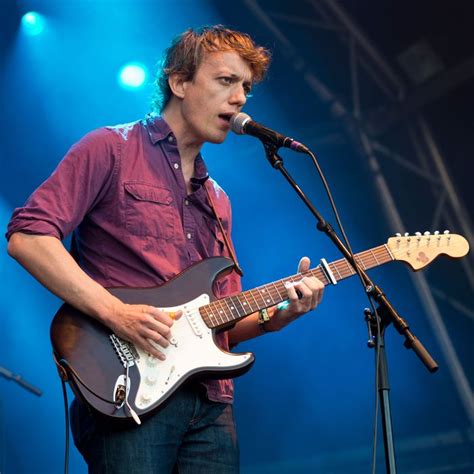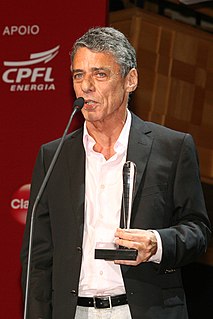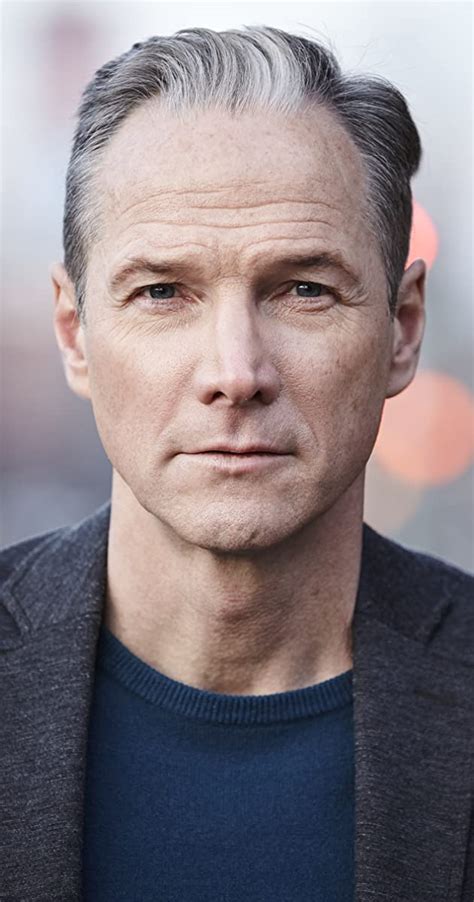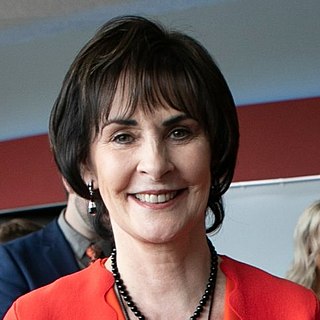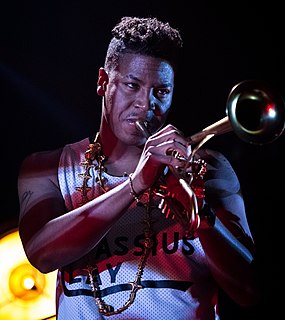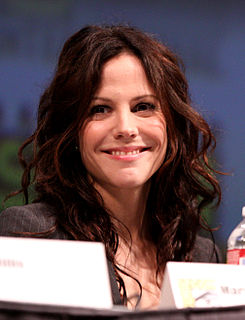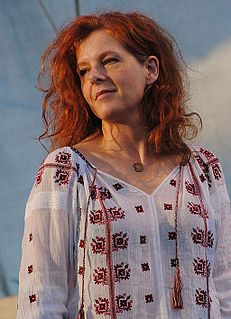A Quote by Steve Gunn
I think a lot about writing and I try to read a lot. Being a musician, I don't take the words lightly; they are very, very important to me. At the same time, the words have to be musical and have to fit.
Related Quotes
I think we can learn a lot about a person in the very moment that language fails them. In the very moment they they have to be more creative than they would have imagined in order to communicate. It's the very moment that they have to dig deeper than the surface to find words, and at the same time, it's a moment when they want to communicate very badly. They're digging deep and projecting out at the same time.
I think all writing is about writing. All writing is a way of going out and exploring the world, of examining the way we live, and therefore any words you put down on the page about life will, at some level, also be words about words. It's still amazing, though, how many poems can be read as being analogous to the act of writing a poem. "Go to hell, go into detail, go for the throat" is certainly about writing, but it's also hopefully about a way of living.
There is a lot of fun to be had when you try and fit as many words as you can within a three-minute song, but there is also a lot of fun in trying to get that message across in three words, or better yet when the music can overpower the words and convey something really pure and perfect that affects our psycho-emotional space.
I read a lot of poetry, and I love what it does with language. I love music, too, and I think there's probably no coincidence there, that the rhythm of the words is almost as important as the words themselves, and when you can get the two working together, which usually takes me about 20 goes, I feel a huge satisfaction.
What I think is important about essayists, about the essay as opposed to a lot of personal writing is that the material has to be presented in a processed way. I'm just not interested in writing, "Hey, this is what happened to me today." You get to a place that has very little to do with your personal experience and talks about some larger idea or something in the culture. I don't think you can get to that unless you have had a lot of time to gestate and maybe if I was taking a lot of notes while stuff was going on, I wouldn't be able to get to that place as easily.
What we're doing now, is to try to eradicate the limited notion of how people are interacting with each other through hyper-racialized ideas. A lot of it deal with, as an example, genre. If I ask you to visualize a trap musician or a hip-hop musician, you'll see one thing. If I say visualize a western classical musician, you'll see a very different thing. A lot of how music is disseminated to us is hyper-racialized. It's not something that we think about all the time, but if you take a minute to look back, it's why you get this argument when there's a white rapper.
I put a lot of stock in the written word, and the power of it. That's what I love about acting and reading scripts. Words are really powerful. I don't believe that axiom at all - words can absolutely hurt you. Words can wound. They can do a lot of damage. I think they can do way more damage than sticks and stones. I'll take sticks and stones.
